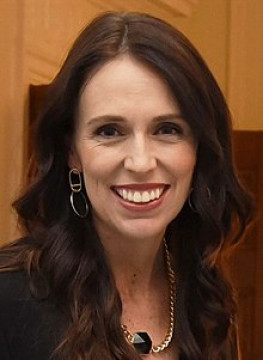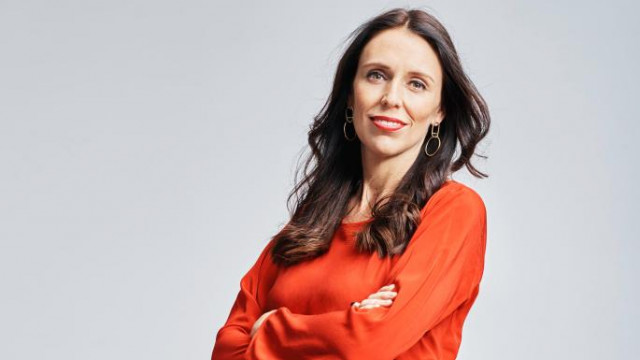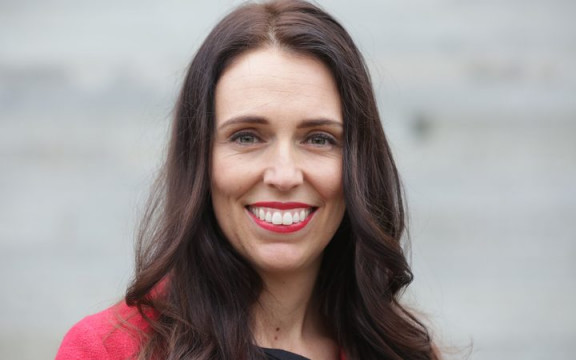PERSON: Jacinda Ardern
Position
Prime Minister
Biography
Jacinda Kate Laurell Ardern (/dʒəˈsɪndə ˈɑːrdɜːrn/; born 26 July 1980) is a New Zealand politician serving as the 40th and current Prime Minister of New Zealand since 26 October 2017. She has also served as the Leader of the Labour Party since 1 August 2017. She has been the Member of Parliament (MP) for the Mount Albert electorate since 8 March 2017; she was first elected to parliament as a list MP at the 2008 general election.
After graduating from the University of Waikato in 2001, Ardern began her career working as a researcher in the office of Prime Minister Helen Clark. She later worked in the United Kingdom as a policy advisor to British Prime Minister Tony Blair. In 2008, she was elected President of the International Union of Socialist Youth.
Ardern became a list MP in 2008, a position she held for almost ten years until her election to the Mount Albert electorate in the 2017 by-election, held on 25 February. She was unanimously elected as Deputy Leader of the Labour Party on 1 March 2017, following the resignation of Annette King. Ardern became Leader of the Labour Party on 1 August 2017, after Andrew Little resigned from the position following a historically low poll result for the party. In the general election of 23 September 2017, the Labour Party won 46 seats (a net gain of 14), putting it behind the National Party, led by Bill English, which won 56 seats. After negotiations with National and Labour, the New Zealand First party chose to enter into a minority coalition government with Labour, supported by the Greens, with Ardern as Prime Minister.
Ideologically, Ardern describes herself as both a social democrat and a progressive. She is the world’s youngest female head of government, having taken office at age 37. Giving birth to a daughter on 21 June 2018, Ardern became the world’s second elected head of government to give birth while in office.
— Wikipedia
After graduating from the University of Waikato in 2001, Ardern began her career working as a researcher in the office of Prime Minister Helen Clark. She later worked in the United Kingdom as a policy advisor to British Prime Minister Tony Blair. In 2008, she was elected President of the International Union of Socialist Youth.
Ardern became a list MP in 2008, a position she held for almost ten years until her election to the Mount Albert electorate in the 2017 by-election, held on 25 February. She was unanimously elected as Deputy Leader of the Labour Party on 1 March 2017, following the resignation of Annette King. Ardern became Leader of the Labour Party on 1 August 2017, after Andrew Little resigned from the position following a historically low poll result for the party. In the general election of 23 September 2017, the Labour Party won 46 seats (a net gain of 14), putting it behind the National Party, led by Bill English, which won 56 seats. After negotiations with National and Labour, the New Zealand First party chose to enter into a minority coalition government with Labour, supported by the Greens, with Ardern as Prime Minister.
Ideologically, Ardern describes herself as both a social democrat and a progressive. She is the world’s youngest female head of government, having taken office at age 37. Giving birth to a daughter on 21 June 2018, Ardern became the world’s second elected head of government to give birth while in office.
— Wikipedia
ClipsBank
Full
Compact
NewsBase
Full
Compact
RadioBank
Full
Compact
PodBank
Full
Compact
TranscriptBank
Full
Compact
No data found








